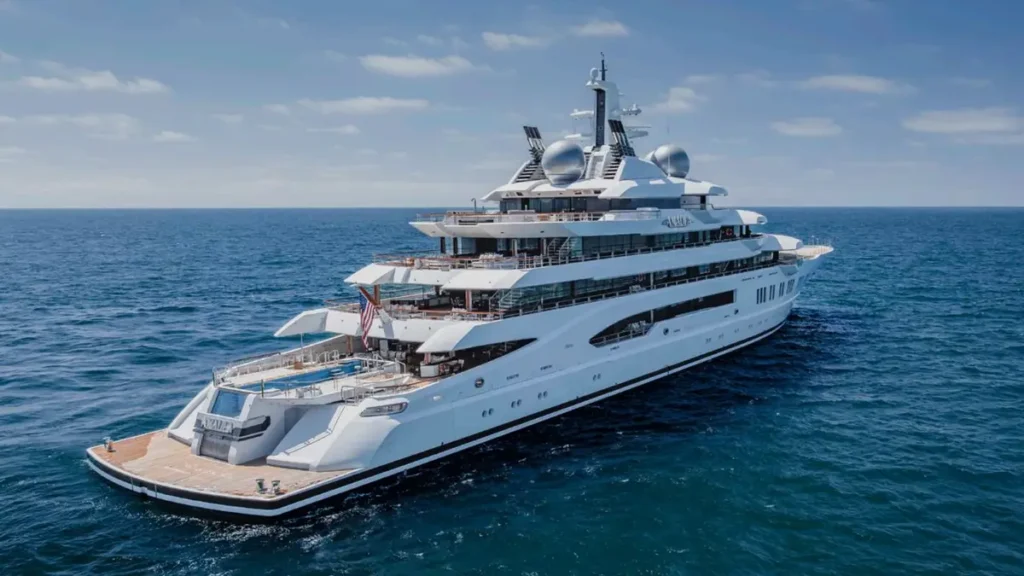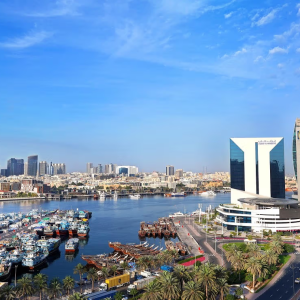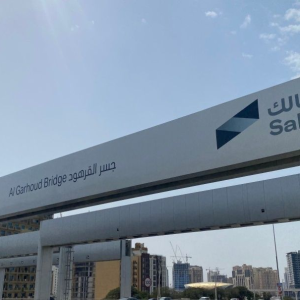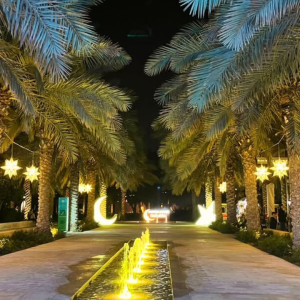The Amadea superyacht auction has captured global attention, but not for reasons one might expect from a luxury vessel of this magnitude. Valued at an estimated $325 million, the 106-meter Amadea is set to go under the hammer in what was supposed to be a high-profile auction. However, the sale has become entangled in a complex legal battle over ownership, casting a shadow over what might have been a straightforward transaction. With legal challenges, international ownership claims, and geopolitical tensions at play, the auction has turned into a storm of uncertainty for prospective buyers, authorities, and the maritime world alike.
The Story Behind Amadea
The Amadea is no ordinary yacht. Constructed in 2017 by the renowned German shipbuilder Lürssen, it stands as a symbol of modern maritime luxury. The yacht spans 106 meters in length and is equipped with state-of-the-art amenities, including a helipad, swimming pool, spa, gym, and lavish accommodations for sixteen guests and thirty-six crew members. Every inch of the yacht exudes opulence, making it one of the most sought-after vessels in the luxury maritime market.
The story, however, is far from luxurious. In May 2022, U.S. authorities seized the Amadea while it was docked in Fiji, claiming it was tied to a sanctioned Russian billionaire. The U.S. government argued that the yacht’s true ownership rested with the individual, despite official documents listing it under a separate offshore company registered in the Cayman Islands. This legal tug-of-war has raised questions about the legitimacy of the auction and whether potential buyers might inherit unexpected liabilities.

The Legal Battle
The legal issues surrounding the Amadea superyacht auction are complex. While U.S. authorities maintain that the yacht belongs to the sanctioned individual, there are competing claims from others who assert their rightful ownership. One former executive from a major Russian state-owned company claims he purchased the yacht legitimately and that its seizure is unjust. This individual has launched multiple legal challenges to contest the confiscation, arguing that the vessel has always been under his control and use.
Despite these claims, a U.S. District Court has previously ruled that the sanctioned individual is the beneficial owner. The court cited evidence that the individual and their family exclusively maintained and used the yacht, providing a strong argument in favor of the U.S. seizure. However, the case remains complicated, as international law and ownership of offshore-registered vessels can be murky. For potential buyers, this translates into the risk of purchasing a yacht that may later be subject to international legal challenges.

Auction Details and Buyer Requirements
The auction, now scheduled to take place in September 2025, is expected to draw global attention. Authorities have set strict requirements for bidders, reflecting both the high value of the vessel and the complex legal circumstances surrounding the sale. Prospective buyers must place a deposit of €10 million, approximately $11.6 million, and demonstrate a net worth exceeding $500 million to qualify.
The yacht will be sold on an “as-is, where-is” basis. This means that the buyer accepts the yacht in its current condition without any guarantees or warranties, including those related to potential legal claims. The “as-is” nature of the sale is a crucial factor for anyone considering the purchase, as the buyer may need to engage in extensive legal and administrative processes after acquisition. In other words, the auction does not offer a guarantee of a smooth or uncontested ownership transfer.
Risks for Potential Buyers
Acquiring a luxury yacht is always a significant investment, but purchasing the Amadea carries unique risks. The ongoing ownership dispute presents potential challenges in multiple jurisdictions. While the U.S. claims authority over the seizure, other countries may not automatically recognize this claim. In some jurisdictions, legal battles could arise if the yacht attempts to dock or operate in foreign waters. This could result in delays, fines, or even secondary seizures, further complicating the buyer’s investment.
Insurance and financing represent additional hurdles. Banks and insurers are generally wary of assets with unresolved legal disputes. Obtaining financing for a yacht embroiled in international legal disputes may be difficult or come at a significantly higher cost. Similarly, insurance providers may offer limited coverage or exclude certain risks altogether, reflecting the uncertainty surrounding the vessel’s legal status.
Charter and operational considerations also play a role. Charter companies may avoid listing a vessel that has an unsettled legal status, which could impact revenue potential. Additionally, international maritime authorities could impose restrictions on where the yacht can sail or dock, limiting its usability. Buyers must weigh these factors carefully, as even a purchase at a competitive price could lead to substantial financial and logistical complications.
The Geopolitical Dimension
The Amadea’s situation is further complicated by geopolitical tensions. Seized luxury assets, especially those linked to sanctioned individuals, have become a key instrument in international sanctions regimes. The auction is part of a broader effort to enforce economic penalties and restrict the movement of wealth for individuals involved in certain geopolitical conflicts.
However, this approach is not without challenges. The global legal framework for enforcing asset seizures is fragmented, with different countries recognizing or disputing foreign claims. As a result, the auction and subsequent ownership could spark disputes beyond U.S. borders. For instance, if the yacht attempts to dock in regions that do not acknowledge the U.S. seizure, it could face detention or legal action from local authorities. These risks highlight the intersection of luxury asset management and international law, making the Amadea auction a case study in modern geopolitical complexity.

Market Implications
The auction of the Amadea is likely to have ripple effects across the luxury yacht market. First, it underscores the risks associated with high-value assets tied to politically exposed individuals. Prospective buyers may become more cautious about acquiring luxury yachts from offshore companies or entities with opaque ownership structures.
Second, the legal scrutiny of the Amadea sets a precedent for how seized assets might be handled in the future. Auctions of luxury vessels linked to sanctioned individuals or disputed owners could become more common, particularly in jurisdictions aiming to enforce international sanctions. This may alter market dynamics, as buyers weigh legal risks against the prestige and enjoyment of owning a high-end vessel.
Finally, the case highlights the importance of thorough due diligence. Luxury yacht brokers, financial advisors, and potential buyers must carefully investigate ownership histories, registration details, and legal claims before entering into transactions. The Amadea auction demonstrates that even the most glamorous and well-known vessels can carry hidden risks that extend far beyond their opulent interiors.
Legal Precedents and Maritime Law
Maritime law and asset seizure laws play a critical role in shaping the outcome of the Amadea case. Ships are unique assets, often registered under flags of convenience in countries like the Cayman Islands, Panama, or Liberia. This registration system can create layers of legal complexity, particularly when combined with international sanctions and forfeiture laws.
In cases like Amadea, courts must navigate a web of ownership claims, beneficial interest designations, and usage patterns. Courts often consider who actually controls the vessel, who funds its maintenance, and who derives economic benefit from its operation. In the Amadea’s case, the U.S. court found sufficient evidence to identify the sanctioned individual as the beneficial owner, but competing claims remain unresolved, creating uncertainty for buyers.

Practical Considerations for Bidders
For those considering bidding on the Amadea, several practical considerations are crucial:
- Legal risk: Buyers should anticipate potential lawsuits or claims from disputed owners. International legal counsel is essential to understand jurisdictional risks.
- Operational limitations: Docking, staffing, and chartering may be restricted based on the yacht’s legal status. Buyers must evaluate potential limitations in advance.
- Insurance and financing: Limited coverage and high-interest financing may be the norm for contested assets. Buyers should secure agreements before bidding.
- Resale uncertainty: The contested ownership could depress resale value or delay sales, reducing potential returns on investment.
Despite these challenges, the Amadea remains one of the most luxurious yachts on the market, and the prestige of ownership may attract buyers willing to navigate these risks.
The Future of the Amadea Auction
The Amadea superyacht auction will likely serve as a benchmark for future high-profile asset seizures. Its outcome could influence how governments handle similar situations, particularly in the context of geopolitical sanctions. For prospective buyers, the auction represents both an opportunity and a cautionary tale: the chance to own an extraordinary vessel comes with unprecedented complexity and uncertainty.
The legal storm surrounding the Amadea underscores the convergence of luxury, law, and politics. Ownership disputes, international jurisdictional issues, and the enforcement of sanctions converge in this single high-value asset. The result is a high-stakes environment in which buyers must carefully balance desire with diligence, prestige with prudence, and risk with reward.
Conclusion
The Amadea superyacht auction is far more than a simple sale of a luxury yacht. It is a complex, multi-layered event that intertwines luxury, law, and geopolitics. With competing ownership claims, international legal uncertainties, and geopolitical implications, the auction represents both an extraordinary opportunity and a formidable challenge.
Prospective buyers must navigate a landscape fraught with potential disputes, operational limitations, and financial risks. Yet, for those prepared to undertake the necessary due diligence, the Amadea offers an unparalleled symbol of luxury maritime achievement. The coming auction will not only determine the fate of the yacht but also serve as a case study for how the world navigates the intersection of law, luxury, and international politics.
In the end, the Amadea remains a testament to opulence, power, and the intricacies of modern maritime law. Whether it sails into new ownership smoothly or continues to be ensnared in legal complexities, the yacht has already secured its place in the global spotlight, becoming a symbol of both ambition and the challenges that accompany extraordinary wealth in an interconnected world.
Do follow UAE Stories on Instagram
Read Next – Dubai Industrial City Expansion: TECOM Group Invests AED 1.6B












